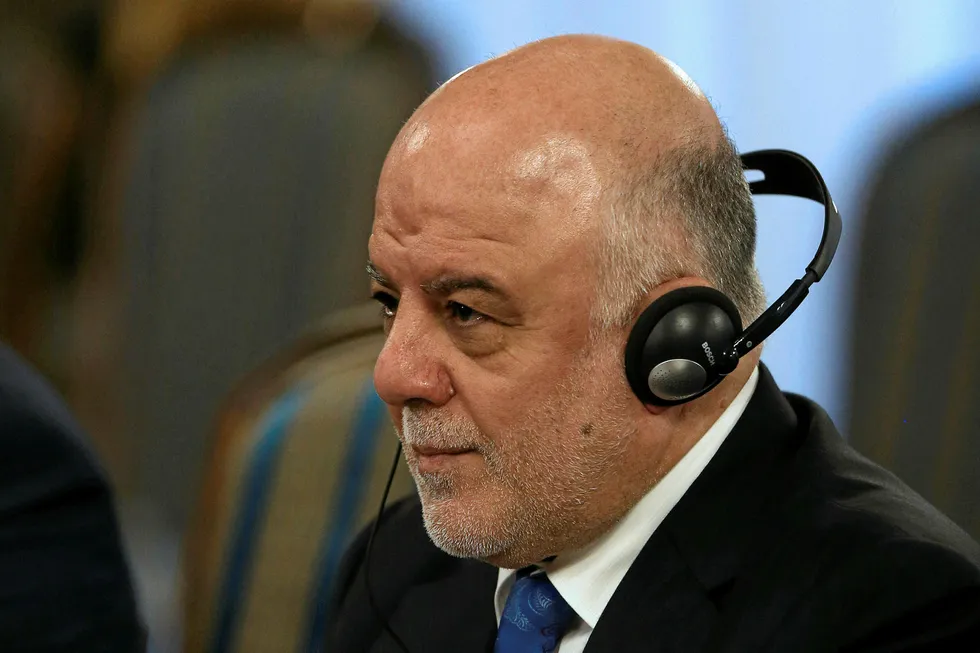Baghdad in the oil driving seat
Referendum in Kurdistan and rout of Islamic State hands Iraq chance to control crude sales and expand Basra production

Referendum in Kurdistan and rout of Islamic State hands Iraq chance to control crude sales and expand Basra production
